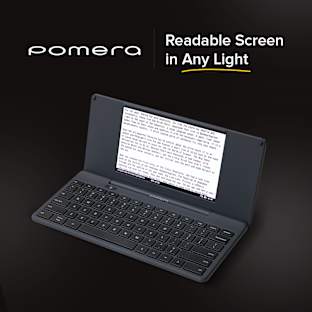Preface
Hey, everyone, I am Sergey Lipskiy, the author of GLideN64. GLideN64 is advanced multi-platform open-source graphics plugin for N64 emulators. It uses powerful features of modern GPUs to bring you new level of quality and authenticity of hardware-based emulation on desktops and mobile platforms. The project’s first public version was released in 2015. It became possible after successful campaign here, on Indiegogo, in 2014. Since that time the project lives on GitHub. Current public version released at the end of 2017 (Blog). Development continues, current work-in-progress builds also available for download on GitHub.
Campaign
This campaign continues our previous successful Indiegogo campaign "Star Wars - Rogue Squadron. High Level Emulation". Last time you helped us to make HLE implementation for very large and very complex microcode, which N64 port of "Star Wars - Rogue Squadron" uses. This time our goal is to decode and implement microcode, which Factor 5 developed to port "Indiana Jones and the Infernal Machine" to N64. This is very complex and unique microcode. It is slightly resemble the one for Rogue Squadron, but there is no direct correspondence. Developers pushed N64 to its limits to use high resolution and still having a really high framerate. Read those very interesting articles on IGN for details:
Bringing Indy to N64 and Battling the Naboo
One cite: "Our new microcode allows almost unlimited real-time lights and a much higher polygon count than the original".
Olivieryuyu and me started to work on this microcode at the end of 2017. I implemented commands, which necessary to run game intro and menus. You may see the results in the campaign demo video. I need to implement remained part of microcode and fix possible issues with frame buffer emulation in this game. It is hard task, and it will require huge efforts to get it done. I need your support and encouragement to complete it. If campaign will reach the goal, the task will get top priority. I’ll complete it as soon as possible, taken into account my limited time resources.
Completion of this task will also provide a good basis for "Star Wars Episode I - Battle for Naboo" which uses a similar microcode, but has many differences and extensions. We are planning to implement it when Indy microcode is done. Star Wars Episode I - Battle for Naboo contains some hard and puzzling code. We cannot guarantee that it will be fully emulated in HLE but we will do our best to implement it as well. At this moment only the first screen of the game is emulated:
![]()
Plan for Project Completion
The plan is nearly the same as for Rogue Squadron campaign. I will implement the microcode step by step. All backers will get access to WIP builds of GLideN64 for Windows emulators. When all code will be ready, I will fix issues with frame buffer emulation and do other required polishing. Source code will go to master branch and built for supported platforms.
Time-line estimation: I started to work on this microcode in top-priority mode and it took circa a month to reach the current state. Remained part of microcode will take another month or two, depending on my limited time resources. Few weeks will take bug-fixing and frame buffer emulation. Thus, project completion requires circa three months of work after reaching the campaign goal. Also, completion of Indi microcode will mean that Battle for Naboo is circa 75% ready. We hope that remaining part will not take long.
Risks & Challenges
We decided to reduce possible risks to minimum and not included Battle for Naboo to campaign goals. Indi microcode is almost completely understood, which makes us sure that its decoding and implementation will be completed. Implementation of any of these microcodes is “mission impossible” kind of tasks. We are going to implement both.



















































